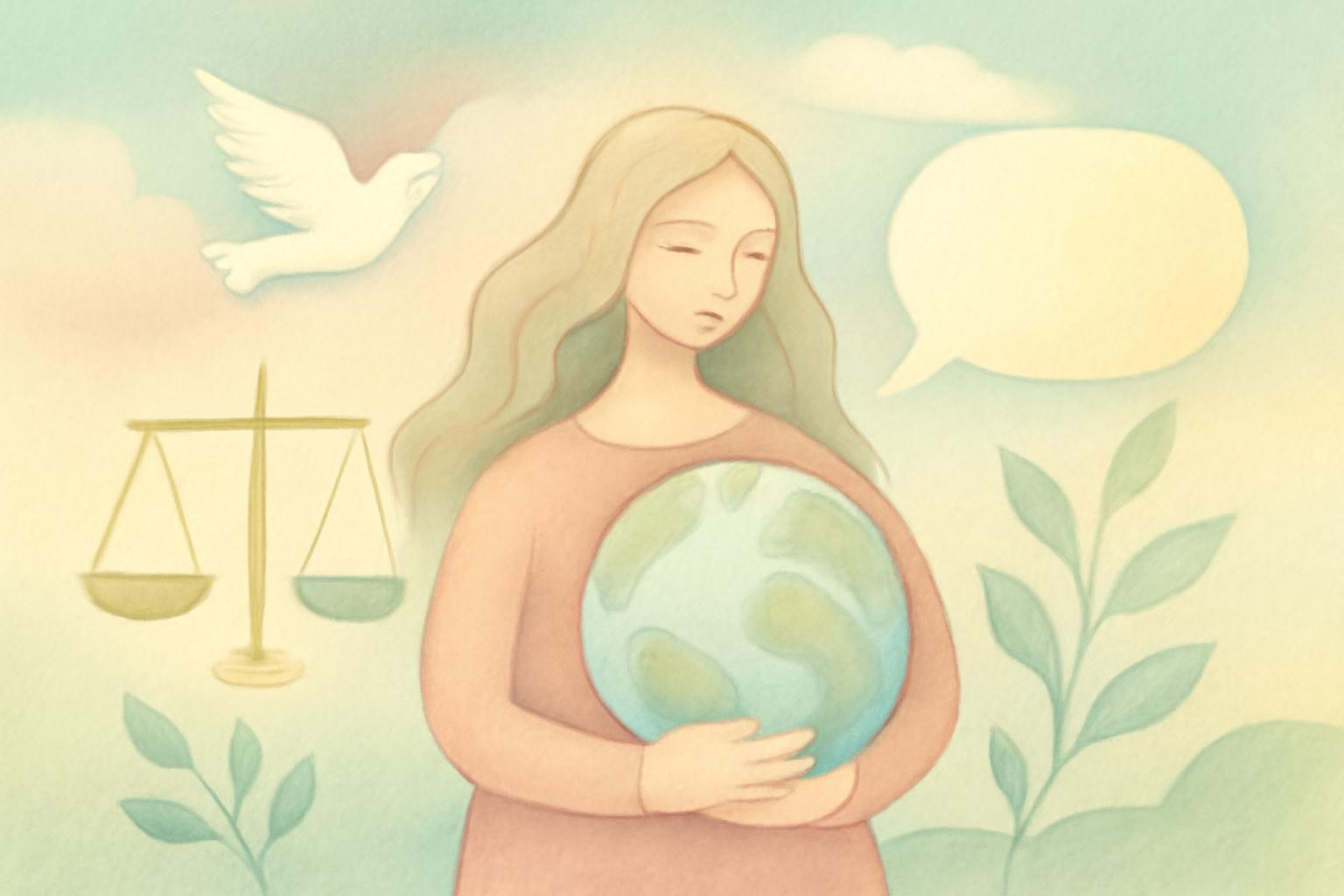A chorus of careful voices rises, echoing a shared vow to defend Ukraine’s sovereignty and security while insisting that any peace must be just and anchored in international law. Most EU leaders join in offering support, urging ceasefire, meaningful talks within a framework that honors Ukraine’s own choice of future, and that borders only shift by consent, never by force. A few notes stand apart: Hungary’s prime minister pitches an EU–Russia dialogue as the path to peace and questions the efficacy of sanctions and arms aid, widening the space for debate. Meanwhile, a planned EU-wide briefing will stitch together Zelensky’s voice with the corridors of Brussels, as Europe reassesses its path. Data from Kiel illuminates a stark arithmetic of war: Europe has equipped Ukraine with more arms, in monetary terms, than the United States. Into this tense weather, Trump hints at peacemaking with uncertainty, while Putin asserts claims to territories and Crimea, and Kyiv urges caution against any terms that would sacrifice land or dignity. The undercurrent is a human question: who bears the cost, who reaps the prize, and whose future is safeguarded when the guns finally rest?
Let us cradle this moment with the tenderness of rain upon parched earth and name the wounds we must heal. The violence of geopolitics writes linear histories on soil that remembers culprits and survivors alike. Every missile that tears across the horizon is a theft from the living chest of the planet—forests gasping, wetlands choking, soils eroded, rivers poisoned, communities displaced from hearths that carried their grandmothers’ songs. This is not only a failure of diplomacy; it is a failure of stewardship, a betrayal of Earth’s delicate web by a system that worships productivity at any price. The colonial heartbeat—older than the ink on any treaty—beats anew: power carved with maps and borders, peoples asked to bear the burden, resources siphoned to props of dominance, and grand narratives that erase the living rights of those who dwell on the land.
We are urged to consider a peace carved by the strong and tempered by fear, yet true peace must be generative—rooted in justice for people and justice for the Earth. The current path, fueled by arms races, sanctions, and political leverage, mutates into a poison that seeps into air, soil, and futures. A world that profits from the machinery of war cannot spare the rain from its skies or the soil from its wounds. We must decolonize not only borders but economies: reallocate the wealth of weaponry toward healing, climate resilience, and the restoration of communities living at the frontlines of ecological breaking points. Let diplomacy be a wind that carries voices of those who suffer, not just the spinners of power; let treaties arise from consent, consent that respects sovereignty while attending to the rights of the Earth’s living systems.
In this hour, let the healing path be clear: demilitarize the ledger, demote the cult of domination, and elevate the care economy that sustains us—rebuilding soil, rewilding rivers, restoring watersheds, and ensuring energy that lights homes without poisoning the air. Let reparative justice flow like a healing spring to communities harmed by extractive histories and ongoing conflict. May international dialogue be suffused with humility, listening to the voices of those most affected, and guided by a responsibility to protect life, culture, and habitat. And may the arms we do not fire become the seeds of a kinder economy—one that cherishes renewable abundance, equitable security, and the elder wisdom of those who have tended the Earth long before borders were drawn.
If we align our courage with the living world, peace will not be a pause between wars but a flourishing of justice. Let us honor Mother Earth by choosing a future where care replaces conquest, where sovereignty is practiced as stewardship, and where the healing of people and planet walks hand in hand.
